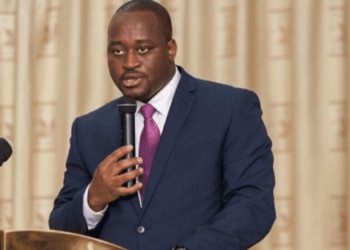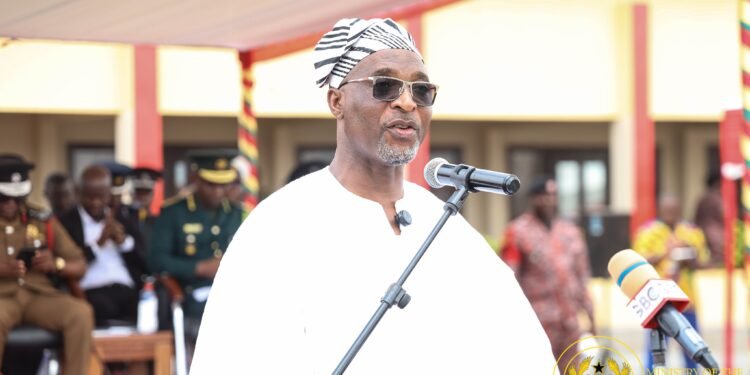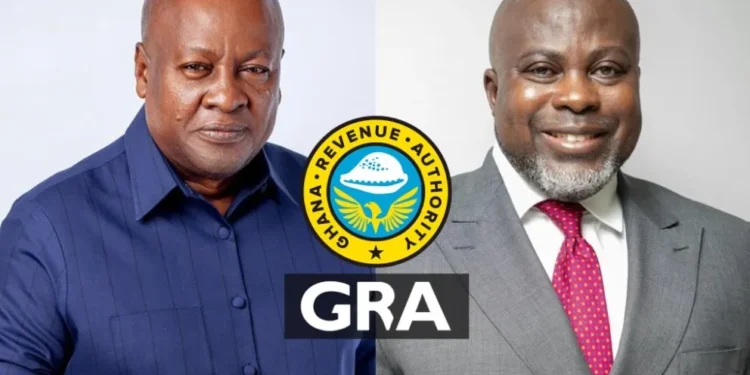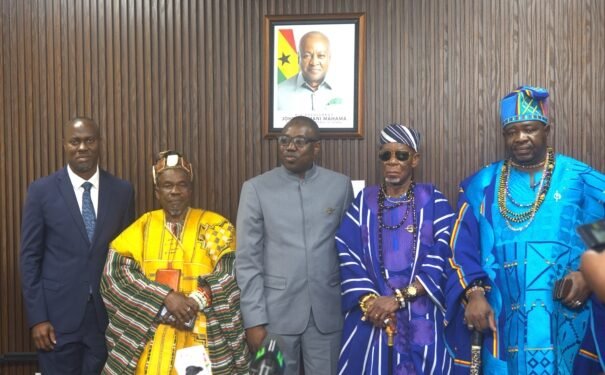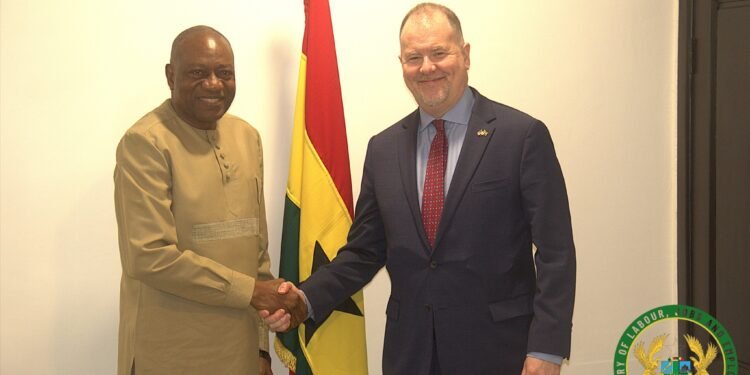The National Tripartite Committee (NTC) has approved and increased the daily minimum wage by 9 percent during a meeting with the labor front.
This percentage increase affects the salary of all public workers under the Single Spine Salary Structure (SSSS), and it is to take effect from the beginning of the 2026 fiscal year.
The NTC is a body in Ghana comprising government representatives, employers, and organized labor. The government was represented by the Fair Wages and Salaries Commission (FWSC), the Ministry of Employment and Labor Relations, and the Ministry of Finance (MoF). The NTC comprises five government representatives, five employers’ representatives, and five representatives from organized labor.
The agreement of the National Tripartite Committee on the salary adjustment was made on November 9, 2025, after a successful negotiation. Earlier this year, in March, the government increased minimum wages and salaries of government workers by 10 percent, pegging the minimum wage at GH₵19.97.
Set to be effective between January 1, 2026, and December 31, 2026, the 9 percent increase will peg the minimum wage at GH₵21.77.
Organized Labor Appreciated by Officials
The Minister of Finance, Dr. Cassiel Ato Forson, who led his ministry, applauded the support of the organized labor in this exercise, adding that this increment is part of the government’s effort to sustain Ghana’s economic recovery. He again mentioned that the government is working hard to further reduce inflation and better the conditions of service for workers.
“The country has gone through difficult times with high inflation and interest rates, but today both indicators have declined. The government is working to further reduce inflation from the current 8 percent to ease the burden on Ghanaians.”
Dr Cassiel Ato Forson
He recounted that the government promised to stabilize the economy in a meeting with organized labor earlier this year, and they have delivered on that promise. On this fulfillment, he added that the government “will continue in that stead to ensure sustained stability.”

Dr. Ato Forson further promised to work judiciously and closely with the FWSC to continue to improve the welfare of all public sector workers, and all promises will be implemented.
Dr. Rashid Pelpuo, Minister for Employment and Labor Relations, also commended the team for working together to arrive at this amicable treaty. He also reiterated the government’s will to ensure labor satisfaction and economic stability.
In applauding the immense contribution of labor to the economic breakthrough made so far, he called on their support to complement the government’s effort to ensure the growth of the country.
The Chief Executive of Fair Wages and Salaries Commission, Dr. George Smith-Graham, in turn, also appreciated Organized Labor for their instrumental contribution made on Ghana’s journey of economic recovery.
He again appreciated their sacrifice and understanding from the beginning of the year and worked with the government to keep the economy stable. “We are all seeing the benefits of these efforts,” he stated.
Joshua Ansah, the Secretary-General of the Trades Union Congress (TUC), was also grateful to labor for agreeing to the 9 percent increase. He, however, cautioned the government against the introduction of new taxes or tariff hikes to erode the value of the increment.
He also urged the government to honor all negotiations and agreements as they have done since assuming office.
The Import of the Increment
The meeting held by the National Tripartite Committee (NTC) is in line with Section 113(1)(a) of the Labor Act, 2003 (Act 651).
The NTC’s communique revealed that the reviewed minimum wage and salary increment was determined by the “current economic environment, cost of living, sustainability of businesses, and desirability of attaining higher levels of employment.”

According to the communique, “all establishments, institutions, and organizations whose daily minimum wage is below the new rate should adjust accordingly, effective January 1, 2026.”
The NTC, however, warned that any employer who “flouts the 2026 NDMW shall be sanctioned in accordance with the law,” adding that the “2026 NDMW should be tax exempt,” to guarantee the intended benefit of the increment on workers.
Implications for the Economy
The increase in the daily minimum wage and salaries in general affects employers and employees differently. To the employers, it represents additional cost and could reduce new hiring, which will not reduce unemployment. This becomes a challenge for businesses and fiscal management.
However, for the employees, it’s a joyful moment when salaries are increased, which means more money to live on. What makes this increment significant is the economic growth and macroeconomic stability the country has achieved. Currently, inflation is 8.0% as of October, and the appreciated Ghana Cedi is fairly stable.

Therefore, the increase in salaries not only implies additional income to the employees but also an appreciation in their purchasing power. Improving workers’ welfare will push many people above the poverty line, likely to increase worker motivation and productivity, and increase consumer spending.
The increase in the minimum wages binds on the private sector as well. More so for the private sector, the compulsory increase in salaries of workers might have negative consequences, like job loss and increased informality. Though the overall economic impact is complex, situational factors determine the direction of impact.
READ ALSO: Access Bank, BoG Ladies Unite to Empower Market Women with “Pink Pride” Campaign









